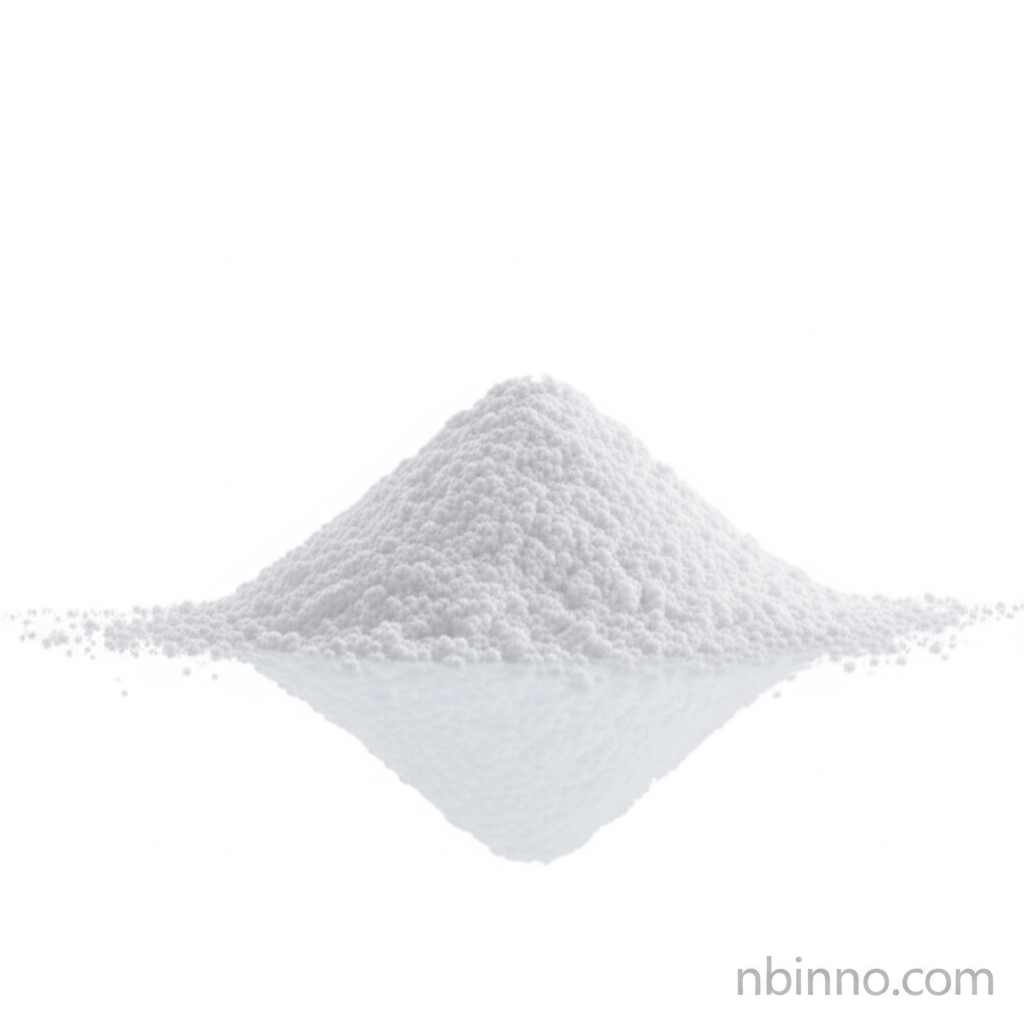ACES: The Ultimate Biological Buffer for pH Stability and Biochemical Research
Discover the power of N-(Carbamoylmethyl)taurine (ACES) for precise pH control in your life science experiments.
Get a Quote & SampleProduct Core Value

N-(Carbamoylmethyl)taurine
N-(Carbamoylmethyl)taurine (ACES) is a high-purity zwitterionic buffer essential for maintaining stable pH in critical biochemical and biological research applications. Its effectiveness in the pH range of 6.1-7.5, attributed to its pKa of 6.8, makes it a preferred choice for a wide array of experimental needs, ensuring reliable and reproducible results.
- Benefit from precise pH control using ACES, crucial for understanding protein separation techniques, ensuring your experiments yield accurate data.
- Leverage the capabilities of ACES biological buffer benefits in enzymatic experiments, where stable pH is key to enzyme activity and reaction efficiency.
- Enhance your cell culture media with ACES buffer's stability, promoting optimal cell growth and health in laboratory settings.
- Utilize ACES buffer in molecular biology applications, such as PCR, to maintain reaction system pH and improve specificity and yield.
Advantages of ACES Buffer
Exceptional pH Stability
ACES provides reliable pH buffering in the critical 6.1-7.5 range, essential for sensitive biochemical reactions and avoiding interference with experimental outcomes.
Versatile Application Scope
From protein electrophoresis to cell biology, the versatility of ACES makes it an indispensable tool across various life science disciplines.
High Purity and Solubility
Ensuring high purity and excellent water solubility, ACES minimizes experimental variability and facilitates ease of use in preparing buffer solutions.
Key Applications
Protein Electrophoresis
ACES ensures stable pH environments for separating proteins, making it invaluable for techniques like SDS-PAGE and isoelectric focusing.
Enzymatic Assays
Maintain optimal enzyme activity by utilizing ACES buffer, which provides a consistent pH for enzymatic reactions in research.
Cell Culture
Support healthy cell growth and viability by incorporating ACES into cell culture media, ensuring a stable physiological environment.
Molecular Biology Applications
Enhance the specificity and yield of molecular biology techniques like PCR by using ACES to stabilize reaction pH.
